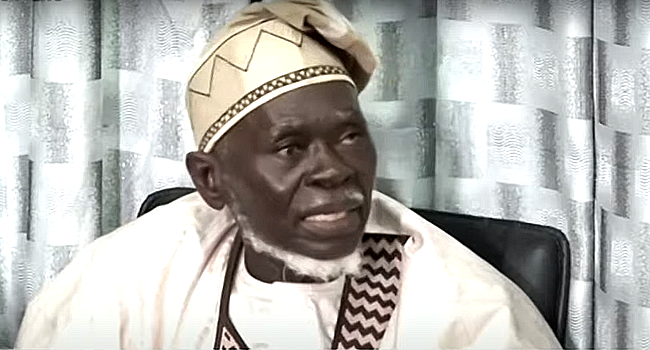The Labour Party (LP) in Nigeria is embroiled in a leadership crisis, with Comrade Lamidi Apapa, a former Deputy National Chairman, claiming the acting national chairmanship following a Supreme Court judgment. Apapa argues that the court’s decision, which dismissed previous rulings recognizing Julius Abure as the national chairman and stated that the court had no jurisdiction over the party’s internal crisis, necessitates adherence to the LP’s constitution. Article 14 of the constitution, he asserts, mandates that the deputy national chairman assumes leadership in the chairman’s absence. Apapa views the situation as analogous to a driver collapsing mid-journey, requiring the passenger to take the wheel. He believes the party is in dire straits and that his leadership, based on the constitution, is the only viable solution.
Apapa’s claim is contested by two other factions: the group loyal to the embattled Julius Abure and a caretaker committee led by Nenadi Usman, reportedly backed by Peter Obi and Alex Otti. Apapa accuses Obi and Otti of orchestrating Usman’s committee to seize control of the party following the Supreme Court ruling. He criticizes them for taking sides and rendering any attempt at reconciliation futile. He argues that their actions violate the party’s constitution, which should be the ultimate guide in resolving the crisis. He points out that the court specifically directed the party to resolve its internal issues according to its constitution, further strengthening his claim to leadership.
The Nigeria Labour Congress (NLC), historically linked to the LP, has sided with the Obi-backed faction, adding another layer of complexity to the conflict. Apapa challenges the NLC’s intervention, arguing that while the NLC played a role in the party’s formation, it does not have ownership or the right to dictate its affairs. He uses an analogy of a parent and child, where parental rights have limitations despite the familial connection. He questions the NLC’s financial contribution to the LP and asserts that the party’s members, not the NLC, built and funded its offices. He dismisses the NLC’s threatened takeover of LP offices nationwide as illegal and an abuse of power.
Apapa remains unfazed by the Independent National Electoral Commission (INEC)’s review of the Supreme Court judgment. He points out INEC’s stated neutrality and their awareness of the ongoing legal battles within the party, including his own two-year court case against Abure. He believes INEC cannot ignore these facts and that any attempt to recognize a leader outside the constitutional framework would only perpetuate the crisis. He emphasizes the importance of upholding the truth and abiding by the party’s constitution. He maintains that his initial call for Abure to step aside and address the allegations against him remains the most viable solution.
Apapa further elaborates on his long-standing dispute with Abure, tracing it back to issues in Edo State. He claims that he has consistently maintained his position against Abure, despite facing accusations of being sponsored and being isolated within the party. He contrasts his stance with the initial support Abure enjoyed from Obi, his Obidient movement, and the NLC, who he says have since become disenchanted with Abure. Apapa argues that had his call for Abure’s investigation been heeded earlier, the current crisis could have been avoided. He blames the current situation on the failure to address the allegations against Abure and the subsequent attempts by various factions to exploit the power vacuum.
The heart of the LP crisis, according to Apapa, lies in the refusal to address the allegations against Abure. He reiterates his belief that a proper investigation into these allegations is the key to resolving the conflict. He accuses the Obi camp and the NLC of initially backing Abure despite the allegations, only to turn against him when he allegedly failed to fulfill their agreement. He maintains that the current infighting within the LP stems from this betrayal and the subsequent power struggle. He criticizes the initial dismissal of his concerns and emphasizes that the current predicament is a consequence of ignoring the underlying issues. He concludes by calling for adherence to the truth and adherence to the party’s constitution as the pathway to resolution.


